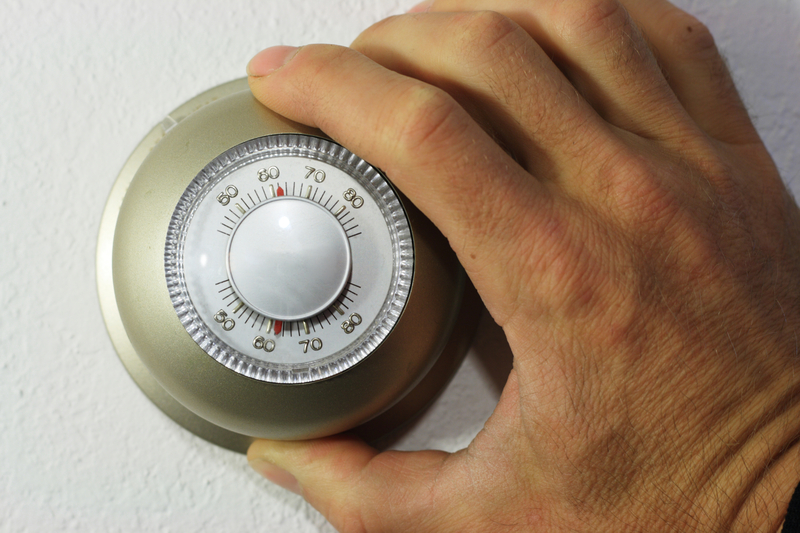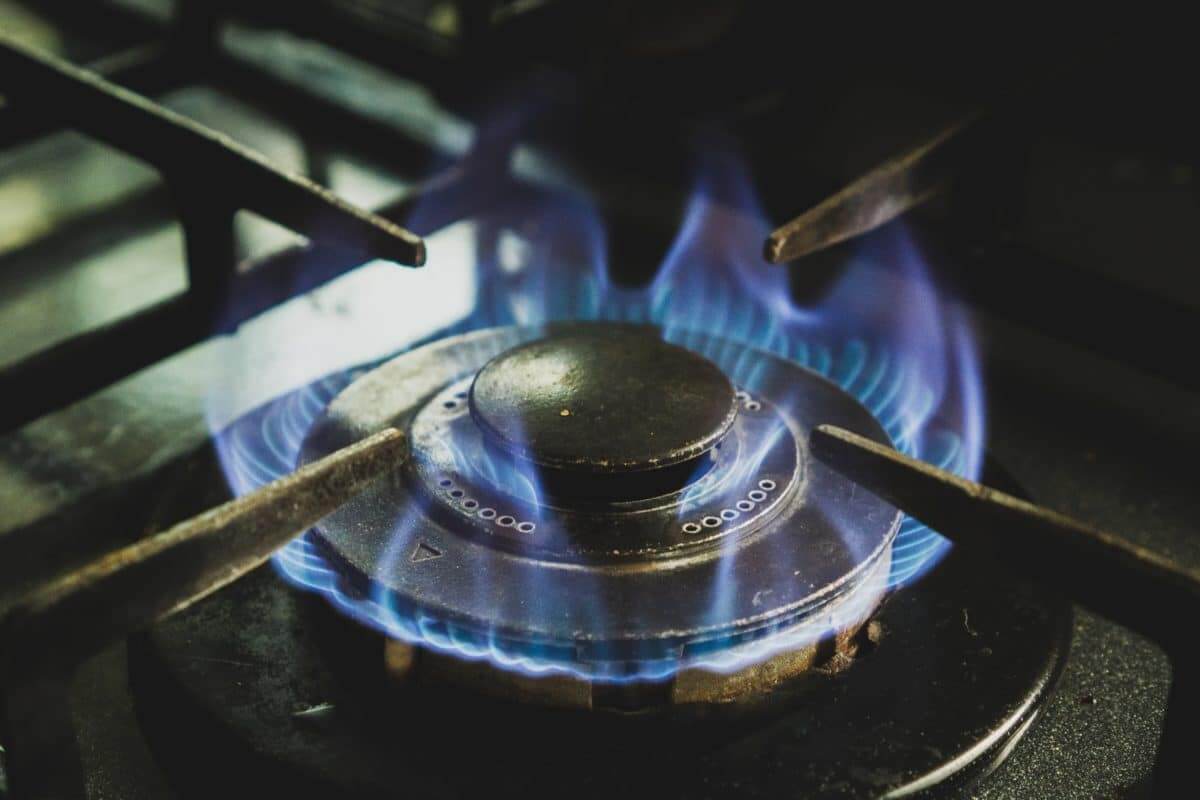This article is your complete guide to learning about the average monthly gas bill in the US. The average gas per month cost is around $78 in the United States and unfortunately, the price of natural gas for your home is only going to increase. That is why we are going to help you understand how much gas cost per month and all variables impacting your gas bill.
We hope you find this post helpful and if you are looking for different ways to become more energy efficient be sure to check out our energy savings calculator!
The Energy Professor Electricity Rate Check Tool
How Much Does Gas Cost Per Month 2024?

The average gas price for a month in the U.S. is around $78 per month. The price you pay for natural gas depends on where you live and how much you use. Gas costs more in certain areas or certain times of year which causes the gas per month cost to vary based on state. Your gas bill will also depend on factors that have to do with your home such as
- The age of your home
- The size of your home
- The number of people that live in your home
- The age of your appliances
- The price of natural gas
Due to the various factors that can impact the cost of your gas bill, determining if your gas bill is higher than the average can be tricky.
Gas Bill By State 2024:
What is included in a gas bill for 2024?
The three main components of a gas bill are supply, delivery, and taxes. These factors make up your monthly gas bill average.
- Supply – your gas company buys energy from the market and charges you the cost they pay for that energy. Energy supply costs vary and are affected by factors such as the weather, demand, and market trends.
- Delivery – set by your gas company and charges go to gas distribution systems for maintenance and upgrades. Delivery rates are set by state regulatory agencies and aren’t subject to market changes.
- Taxes – local, state, and federal taxes are applied to both the supply and delivery portions of your gas bill.
Related Post: What are Utilities?
What Uses the Most Gas in the House 2024?

Many appliances and everyday tasks in your home contribute to your average home gas bill. So what is the biggest part of your gas bill? The factor that contributes the most to your average gas bill per month is heating. This is why the average gas bill in winter is higher since many of us heat our homes with natural gas. The next most commonly used gas appliance is the water heater for your hot showers and water. Other gas appliances include fireplaces, refrigerators, grills, patio heaters, and laundry dryers.
What appliances use the most gas?
- Furnace
- Water Heater
- Gas Stove
- Gas Dryer
Your heating system will always drain the most energy from you and cost the most for your energy bills. So, if you want to keep your average monthly gas bill to a minimum, be mindful of what you’re using.
Related post: Guide to Choosing Your Energy Provider
How to Reduce Natural Gas Usage 2024

You may not know exactly why your gas big seems so high, but there are some simple things you can do to improve it. Our energy bills are one of the few things we have little control over when it comes to usage. That’s why we’ve come up with the best tips and tricks for keeping your average gas monthly bill low:
- Boost the energy efficiency of your home – Adding more insulation to your home’s walls will keep the hot air in your residence for a longer amount of time.
- Investing in more efficient furnaces and water heaters will also help reduce your monthly gas bills.
- Replace old appliances like your laundry dryer with a more energy-efficient option.
- Don’t heat or cool areas of the house you do not use
Related Post: The Best Time to Do Laundry
The Impact of Global Events on Natural Gas Prices

Natural gas is a crucial energy source for generating electricity, accounting for about a quarter of global electricity production. Its prices are subject to fluctuations influenced by supply and demand dynamics in the global market. The Environmental Defense Fund highlights that Russia, following the U.S., is a major natural gas producer, and recent geopolitical tensions, particularly the conflict with Ukraine, have led to significant spikes in natural gas and gasoline prices. In March 2022, oil prices soared from approximately $76 per barrel to over $110 due to the conflict, further exacerbated by the U.S. imposing a ban on Russian oil, which constitutes 10% of the global supply. This action, coupled with the U.S.’s efforts to supply natural gas to Europe as a substitute for Russian imports, suggests that American utility bills may remain elevated.
The U.S. Energy Information Administration points out that natural gas is the predominant source for electricity generation in the U.S., making up nearly 40% of the nation’s power capacity. Factors such as increased international demand and harsh winter conditions have led to a surge in wholesale natural gas prices. Consequently, colder climates increase energy consumption for heating, contributing to a 28% rise in the average household’s heating expenses with gas in 2023 compared to the previous year. Seasonal storms and power outages further stress the supply chain, underscoring the intricate relationship between geopolitical events, weather conditions, and energy prices
Related post: Why is My Gas Delivery Charge So High?
Monthly Average Gas Bill FAQ

Q: Why do I have a gas bill in the summer?
A: Most water heaters are gas-heated. So if you’re using hot water for showers or laundry, you’re likely using gas. The same goes with cooking in the oven, the more you use your oven and stove to cook in the summer, the more natural gas you are using in your home thus increasing your gas heating price per month.
Q: How much is gas monthly?
The average gas price for a month in the U.S. is around $100 per month. The price you pay for natural gas depends on where you live and how much you use. Gas costs more in certain areas or certain times of year which causes the gas per month cost to vary based on state.
Q: How to Reduce Natural Gas Usage?
- Boost the energy efficiency of your home – Adding more insulation to your home’s walls will keep the hot air in your residence for a longer amount of time.
- Investing in more efficient furnaces and water heaters will also help reduce your monthly gas bills.
- Replace old appliances like your laundry dryer with a more energy-efficient option.
- Don’t heat or cool areas of the house you do not use
Do you Need Cheaper Electricity?
If you’ve taken the time to understand the information on your bill and discovered you’re paying more than you’d like for your electricity, have you looked around for a cheaper deal? The Energy Professor has a wealth of information on ways to save on your utilities, including details of top deals that could significantly reduce your monthly or quarterly electricity bills.
We hope you found this article helpful! If you are looking for ways to increase energy efficiency and sustainability in your home be sure to take a look at all of the latest renewable energy options in your area. The Energy Professor helps residential and small business owners find qualified energy suppliers in New York, New Jersey, Pennsylvania, Texas, Ohio, Maryland, Illinois, and Massachusetts
